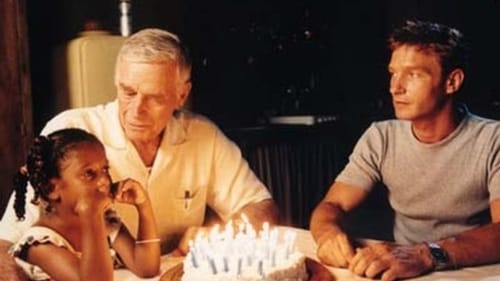
Cinematography
Um jovem homem, Hermann (Thomas Kretschmann), discretamente chega em Manaus para se encontrar com seu pai (Charlton Heston), que vive em uma casa limpa, mas bem simples. O morador não quer chamar atenção, pois se trata de Josef Mengele, que é conhecido como o Anjo da Morte em razão dos cruéis experimentos que fez com os judeus em campos de concentração, usando até mesmo crianças e recém-nascidos como cobaias. Hermann tenta se comportar da forma mais normal possível, mas talvez isto seja impossível quando seu pai é o criminoso de guerra mais procurado do mundo.

Director of Photography
Somewhere in Europe in the twentieth century, a young man decides to change his life by engaging in the army. A modern and quirky tale, with Jérémie Renier and Bernard Le Coq.

Director of Photography

Director of Photography
The second film in Miklós Jancsó's documentary series Message of Stones.
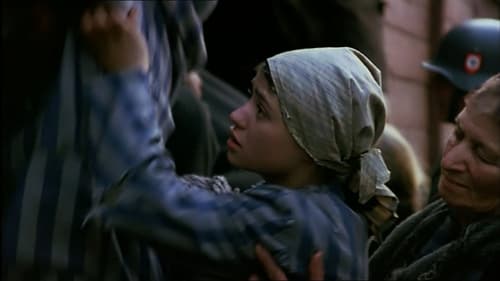
Director of Photography
A Jewish boy living in Amsterdam at the onset of WWII is taken to a concentration camp with his parents. Based on the memoir of Holocaust survivor Jona Oberski.

Director of Photography
When Hungary's newest prime minister is shot and killed at a reception, the resulting investigation is necessarily swift and comprehensive. This compelling political thriller uncovers two prime suspects: the woman who guns the leader down, and a man who was friends with both the prime minister and his murderer. Using video surveillance footage, as well as other more artful and symbolic imagery, the noted "visualist" director Miklos Jancso, who is known for his craft in getting his points across non-verbally, combines fantasy and reality in a highly ironic manner.

Director of Photography
Imre Horváth and his friends gather to celebrate his wife's birthday. They are confused because of the changes in the country's politics and want Horváth to be much more active politically, but he is more concerned about his affair with his best friend's daughter.

Director of Photography
From the film-shooting in the Buda Castle Marci and his friend go to a well-paying job. The scene is a big castle in the middle of a huge park. They enjoy the company of the Kid and the beautiful naked French girl, Nathalie. Their job is to watch the monitors on which they can see the Moscow coup détat. By the time Gorbachev is executed the Communist and the Nationalists have taken turns in occupying the castle and the park.

Director of Photography
Jancso emphasizes highly evocative and ambiguous imagery over dialog or exposition. Here he seems primarily interested in showing the painful, stunted lives of Hungary's intellectuals, who are shown as remaining silent and ineffectual during various political crises. There are several action sequences involving chases and shootouts, but since there's no clear narrative we're not sure how they relate to each other or to anything else. The film is, however, visually fascinating, with shots of police cars, horses, and naked bodies juxtaposed and extensive use of multiple video imagery.
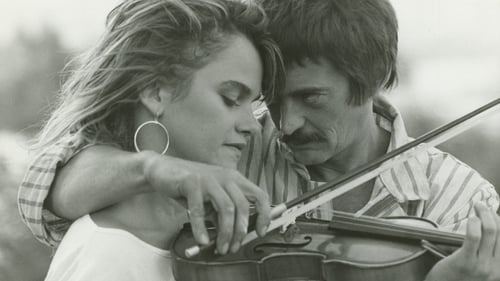
Director of Photography
Zoltai is a Hungarian professor who returns home after a visit to the United States. Following a television interview, he commits suicide and leaves a note for his longtime friend Dr. Bardocz. The doctor and Zoltai's colleague Komindi join the police in investigating what drove the man to suicide.

Director of Photography
The teenage boy, Giuseppe, lives with his mother in Cammarata, a Sicilian mountain village. His father left the family years ago, and has since then settled down as a guest worker in West-Germany and established a family. Under local moral rules, Maria is a so-called "white widow", who must stay faithful to her husband even if he never returns to her again. Maria and the newly arrived young doctor fall in love with each other. Their happiness is frowned upon not only by Giuseppe, but the entire village as well as the distant husband.
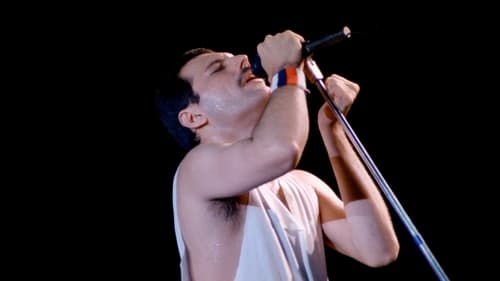
Camera Operator
Em 27 de julho de 1986, a banda britânica de rock de estádio Queen inovou ao tocar pela primeira vez na Hungria, um país que ainda estava sob uma ditadura comunista atrás da Cortina de Ferro.

Director of Photography
Two rabbis show the ruins of an abandoned synagogue to a group of primary school-age Jewish children, and stand by as the children dip bread in honey, drink wine, pray, and sing.
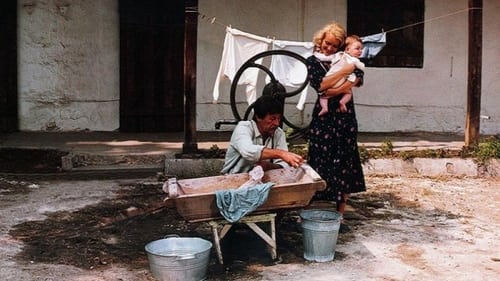
Director of Photography
During the years following World War II, a new boy arrives to class 7/c, and the audience learns to know the lives of the drunkard teacher, his husband-cheating wife, the lonely music teacher hiding behind her paper flowers, the wise count deprived of all his properties, the jovial parish priest and especially the buffalo owner of tragic fate who lost his four daughters, alongside with the young protagonist.

Gabor
Insulted when his screenwriter wife writes a leading role for a younger man, aging Broadway idol Fitz Wynn disguises himself as a handsome young Italian.

Director of Photography
To celebrate Sleeping Beauty's awakening, the cruel stepmother organises a dress-ball in the Wonder Castle and invites the characters of all tales and their two fathers, the Grimm-brothers. The stepmother announces total peace, but in fact she is preparing for a coup d'état with a phoney prince, a phoney Sleeping Beauty, through intrigue and violence in order to change the tales.

Director of Photography

Director of Photography
A historical drama set in the 1400s, a young man sent to Italy but is forced back after his father's mysterious death.

Director of Photography
The scene of the story taking place in the 18th century is an inn, which is advertised by its owners for sale. The inn was namely the scene for mysterious disappearances and murders, but the result of all these events, the treasury is hidden and guarded by the mother. Everybody want to get it from her during one night: the inn-keeper couple, the fake couple who arrived as buyers, Colonel Majorossy with his son, the secret agent and the servants.

Director of Photography
Zsadányi flees from the authorities with his goddaughter, Bankós Mari, and they escape into the forest. The film then skips ahead thirty-fold years: Zsadány and Mari are now lovers, with the sound of war in the background halting their romance. The old friends of Zsadányi have joined with the Nazis, and the landowner living with his peasants in a socialist community grows distant from them. Zsadányi is held responsible for political problems in the country, and will pay with his life.

Director of Photography
The subject-matter of this comedy is age-old: that of the schizophrenic soul. Papa would have liked boy twins years ago, but her wife gave birth to a single child weighing six kilograms. He would like to dampen his feeling of emptiness by having the boy registered both as Péter and Pál.
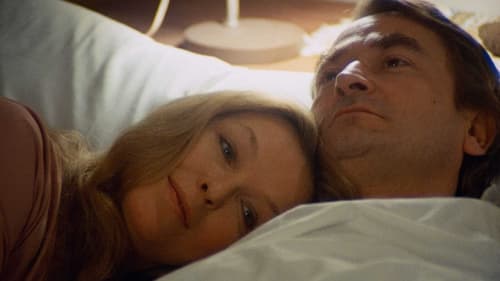
Director of Photography
Procurando um lugar seguro para viver depois de ser assediada por seu marido, um homem depressivo e violento, Juli fica em um abrigo para mulheres dirigido por Mária.
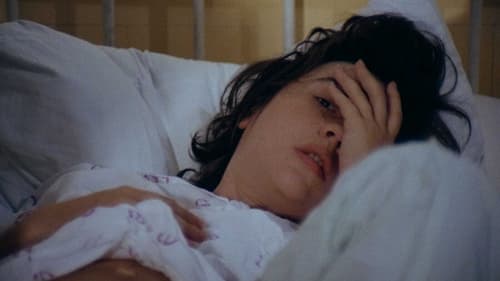
Director of Photography
A aldeã Juli Kovács chega à cidade para trabalhar em uma fábrica. O supervisor János Bodnár fica de olho nela, que inicialmente recusa os seus avanços.

Director of Photography
The film director starts shooting his film about the manager of a large corporation who committed suicide for mysterious reasons. As the cumbersome process of making a film goes along, everybody involved in it starts having differing opinions of the tragedy, its causes and its victim.

Director of Photography
An unsentimental Hungarian film about the edgy relationship between a middle-aged woman and her young, restless daughter-in-law when the son-husband goes to sea for six months.
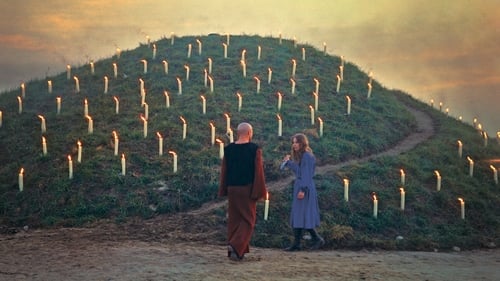
Director of Photography
Reminiscente dos últimos trabalhos de Bela Tarr, "Electra, Meu Amor" de Miklós Jancsó é constituída por uma série de extremamente lentos e extremamente longos planos (há apenas oito tomas principais, cada uma com duração de uma bobine inteira de filme). Mais vídeo de música contemplativa do que filme convencional, "Electra, Meu Amor" é baseado em "Oresteia", um mito grego escrito por Ésquilo, um dramaturgo trágico antigo. O filme é protagonizado por Marie Toriocsik como Electra, uma mulher torturada que serve como uma espécie de metáfora para o povo da Hungria e seu sofrimento histórico. Ela percorre a paisagem de Jancso com uma cara melancólica, com raiva de Aegisztosz por conspirar com sua mãe para matar Agamenon, seu pai.
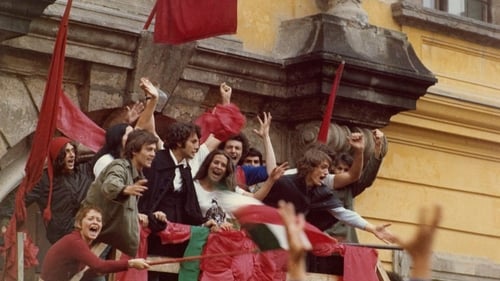
Director of Photography
Using high-school students, Hungarian director Ferenc Kardos re-created the 1848 revolutionary period in that country's history which was dominated by the poet/soldier Sandor Petofi (1822-1849). Petofi wrote many epic poems which inspired Hungarian nationalism, the most well-known of which is Up Magyar! The students were encouraged to improvise without costumes or scenery, and did so with gusto.

Director of Photography
István and Jakab are fire-extinguisher experts. They travel the country to check fire-extinguishers at country factories. During their tours of inspection they chase women, drink in dirty pubs and live in clover.
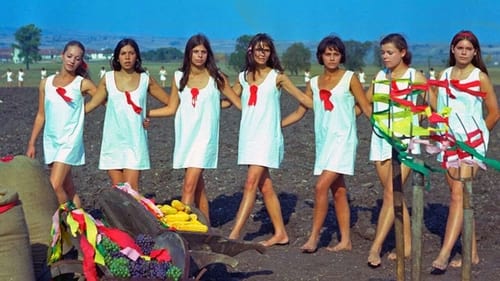
Director of Photography
Set in the 1890s on the Hungarian plains, a group of farm workers go on strike in which they face harsh reprisals and the reality of revolt, oppression, morality and violence.
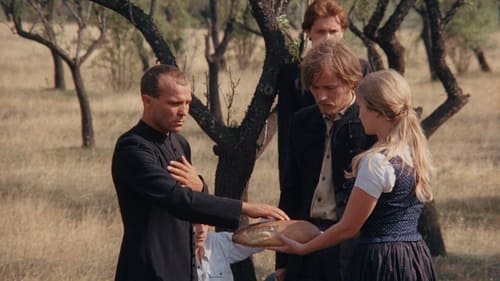
Director of Photography
Alegory of the suppression of the 1919 revolution and the advent of fascism in Hungary; in the countryside, a unit of the revolutionary army spares the life of father Vargha, a fanatical priest. He comes back and leads massacres. A new force, represented by Feher, apparently avanges the people, but only to impose a different, more refined and effective kind of repression.

Director of Photography
Um grupo de fãs de música beat se diverte em shows e festas depois dos turnos entediantes na fábrica. Juli, noiva de um dos rapazes do grupo, se apaixona por um músico e viaja com ele para um show. Juntamente com seus amigos, o noivo ciumento vai atrás deles, e Juli deve tomar uma decisão.

Director of Photography
It is the story of Bálint Balassi , the poet and warrior. The scene is Hungary at the end of the 16th century. The soldiers stationed at the castles of Hungary's border defence-system spend their days with anti-Turkish raids, hunting and womanising.

Director of Photography
Kalán Imre, the district doctor lives in a small village surrounded by mountains. One day he is visited by two young relatives of his and their friend, a doctor at the beginning of his career. The name of the doctor is Király András, and he happens to be the great love of Kalán's young wife from her unmarried years. The orthodox Stalinist Kalán's entire life is filled with his great passion, hunting. The suffocating, narrow lives of the prominent people in the area are slowly revealed to András.

Director of Photography
The grotesque comedy with crime elements takes place in a grocery store.

Director of Photography
The preparation, in Hungary, of the assassination in Marseilles of King Alexander of Yugoslavia in 1934.

Director of Photography
Edit levava uma vida confortável até ficar viúva e confrontar o passado. Seu filho István acredita que sua intenção de abandonar uma vida de luxo se deve à histeria, então pede que sua noiva Kati cuide dela. Embora seja muito fraca para mudar, Kati se espanta com a brutalidade de István.

Director of Photography
Silêncio e Grito de Miklós Jancsó é ambientado durante uma era turbulenta de inquietação, medo, perseguição e terror, que permeia todos os cantos da sociedade pós-Primeira Guerra Mundial húngara. Em 1919, depois de poucos meses de governo comunista, a República Húngara dos Concílios foi vítima de uma contra-revolução nacionalista. O Almirante Horthy, líder do movimento nacionalista de extrema direita, torna-se o auto-proclamado regente da Hungria, e assume o poder como chefe de Estado legal. Soldados do efémero exército vermelho húngaro estão agora em fuga de implacáveis polícias secretos e unidades de patrulha da Guarda Real nacionalista. Se capturados, os ex-soldados do Exército Vermelho são executados sem piedade ou julgamento adequado. István Cserzi, um ex-soldado do Exército Vermelho fugiu para as Grandes Planícies Húngaras e refugiou-se numa fazenda, administrada por duas mulheres simpáticas. Devido à generosidade destas mulheres e um antigo amigo de infância...
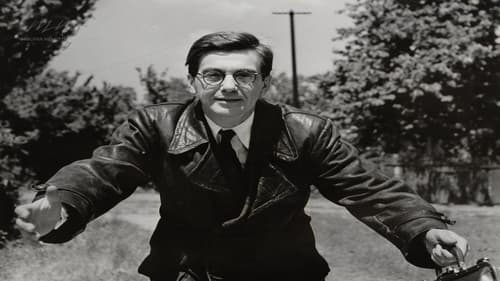
Camera Operator
The beginning shows Hungary devastated by the war and the postwar reconstruction with its communist government. Our hero (played first by Dániel Erdély and later, as a young man, by András Bálint) is clearly determined to find out what he can about his father who died young. All he knows is that he was a doctor and perhaps he was an honored victim of fascism. He never really finds out but his relationship with his mother, his friends and his Jewish girlfriend will make him totally independent of this need to find all about Apa or Father.

Director of Photography
Two old men enter an abandoned synagogue, look at the decay around them, and pray.

































